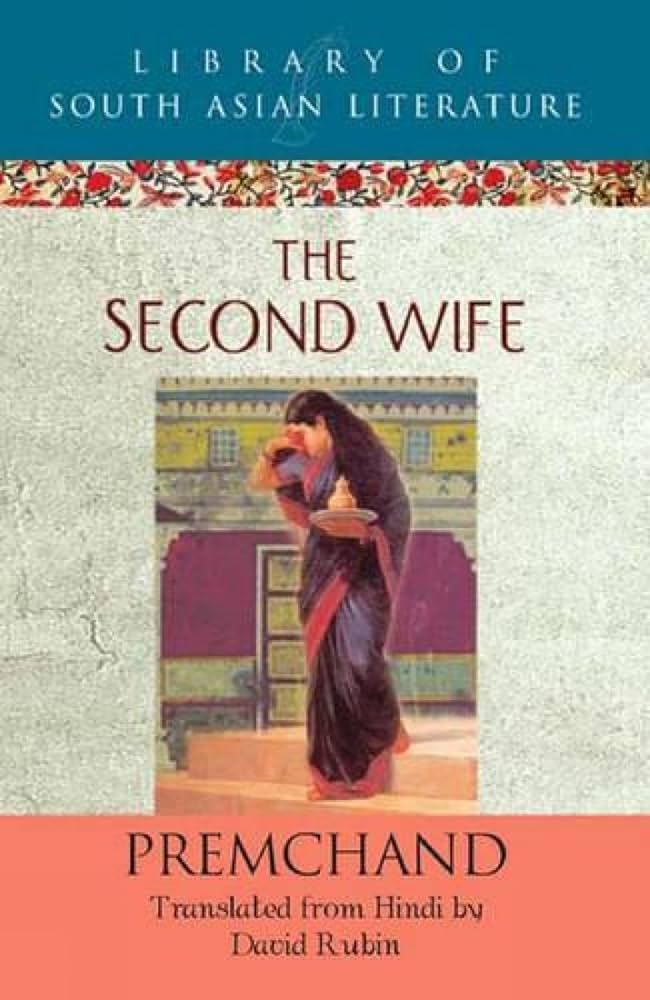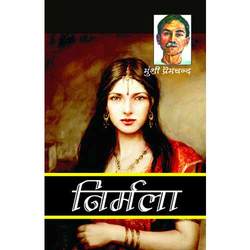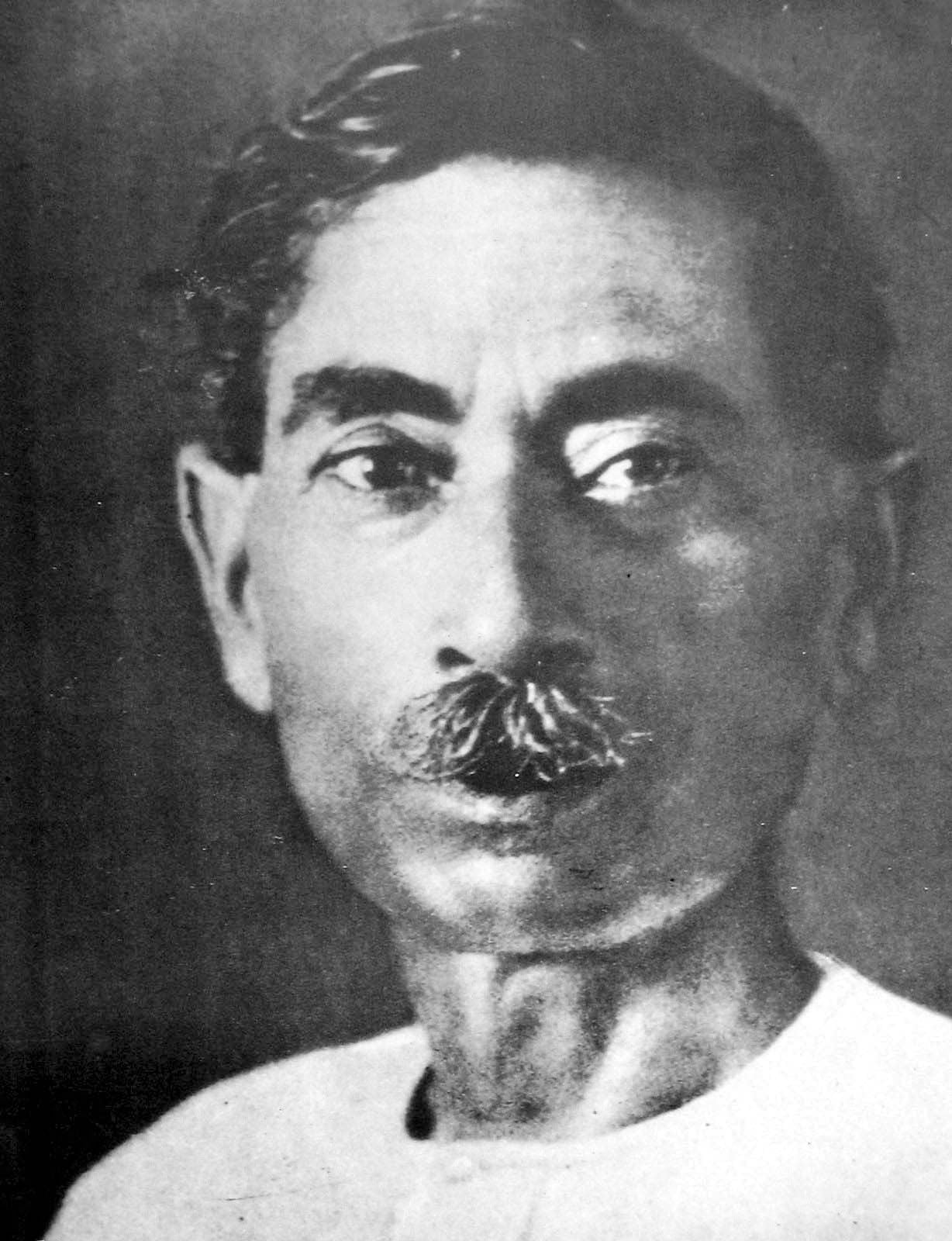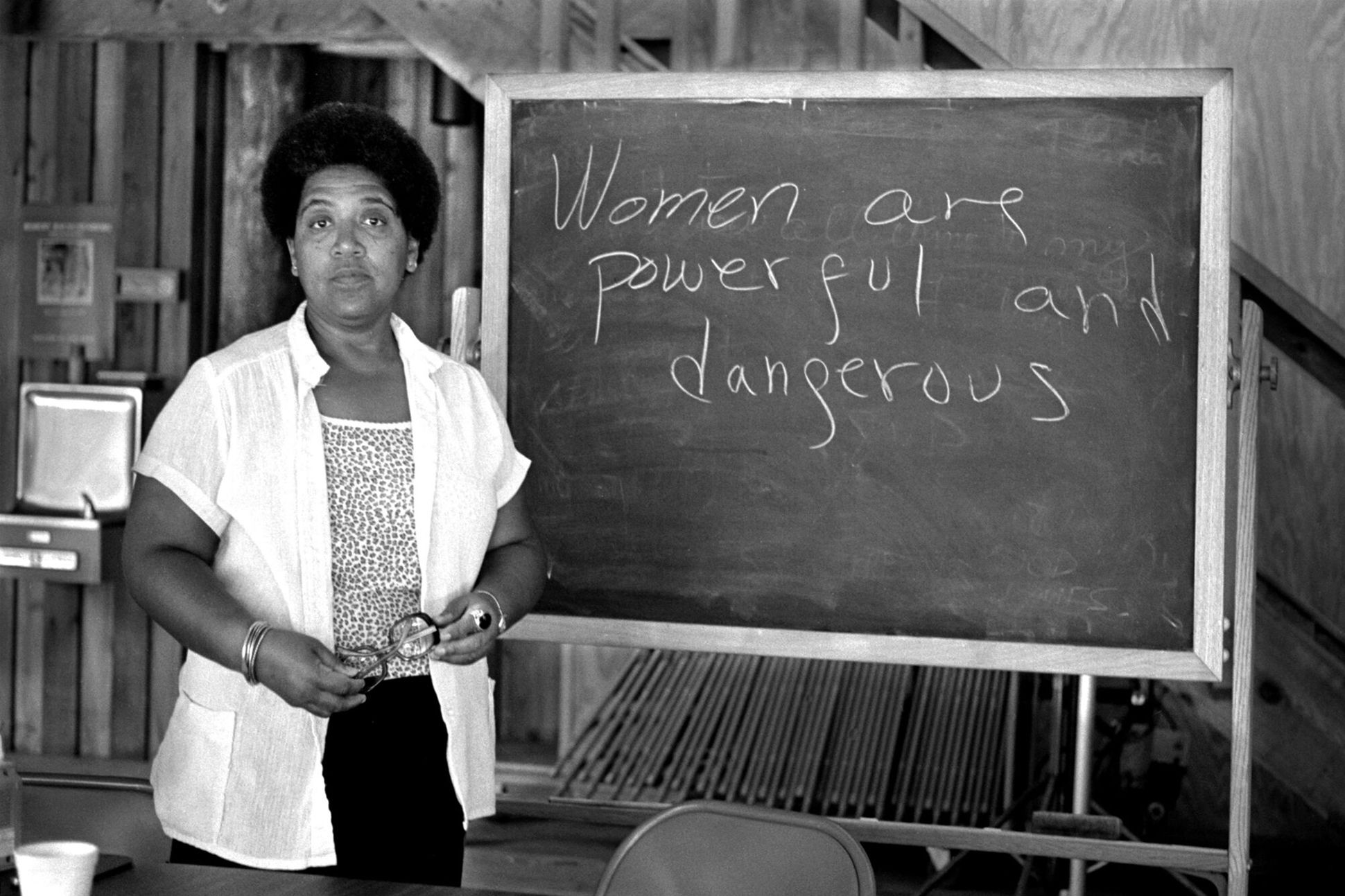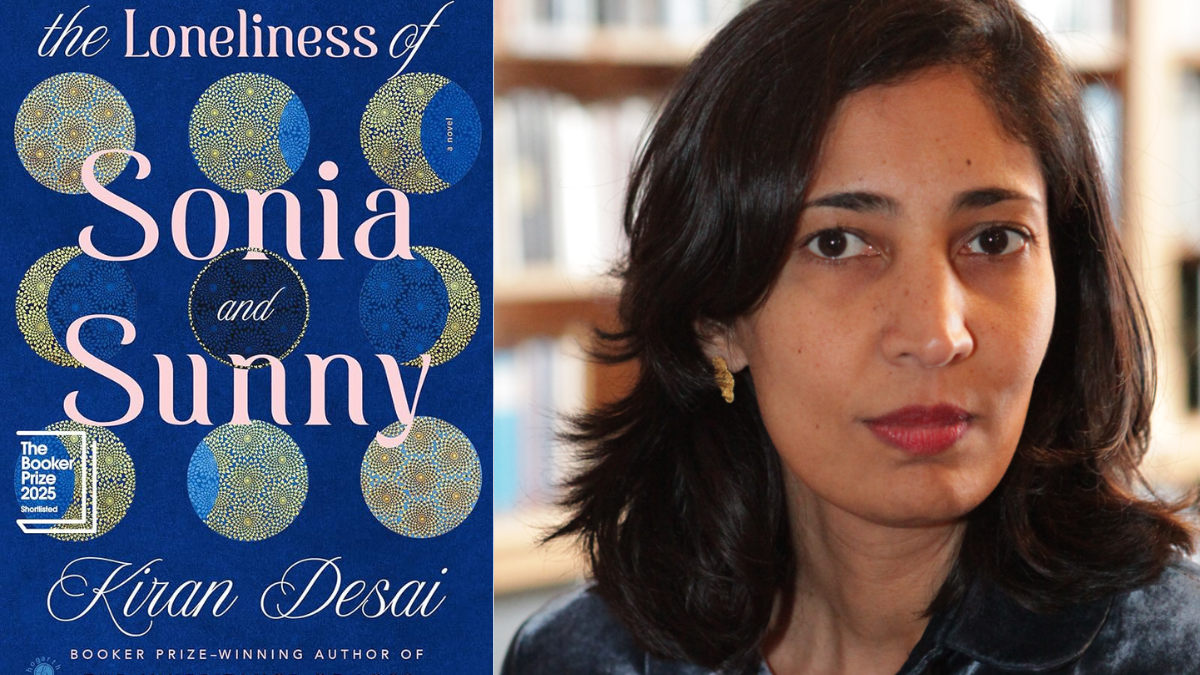The dark fiction, The Second Wife, set in the pre-independence era is an English translation of Premchand’s Nirmala by David Rubin. Premchand wrote this novel when women characters rose to prominence in Hindi literature and poetry. Through the life of the protagonist Nirmala, the author encapsulates the themes of social evils such as child marriage, the dowry system, patriarchy, and the nonsensical superstitions leading to tragic episodes. It also has a coming-of-age narrative where Nirmala has a realistic transformation while adapting to the catastrophic events that unfold after the death of her father.
The story unveils with the preparations for the child marriage of 15-year-old Nirmala. She is considered to be of marriageable age. The girl who married off her dolls along with her sister Krishna with pomp, only a week ago, was set to become a bride herself which made her timid and solitary. This was an alliance set up after a lot of negotiations and eventually finding a family who did not demand dowry.
The story unveils with the preparations for the child marriage of 15-year-old Nirmala. She is considered to be of marriageable age.
Later this alliance is broken by the inability to arrange dowry after the untimely demise of Udhaybhanu, Nirmala’s father. Even though the bridegroom’s family never demanded for dowry outright, they had been expecting a good amount from Udhaybhanu which seemed impossible after his demise and there began Nirmala’s misfortune.
The men in Nirmala’s life
Nirmala, who used to live under her father’s roof, loses her childhood as her marriage is fixed at an age when she has not or need not perceive the concept of marriage. She chooses solitude in the absence of choice when she is auctioned off by her father to the best suitor who demands less dowry. There is a sense of pride in Udhaybhanu that screams that he is the patriarch of the family when he states that as the one earning for the family, he will spend as he pleases and no one can criticise him. This takes place when Kalyani, his wife asks him to keep a check on his expenses for the wedding.
Totaram Munshiji, Nirmala’s husband who was twenty years older than her and a widower, about her father’s age, had three sons from his earlier marriage. His eldest son Mansaram was of a similar age to Nirmala. Nirmala was married to Totaram by her mother after the man she was initially betrothed to, Bhuvanmohan Sinha, broke the alliance as his family found a better match with a better dowry. Nirmala respected Munshiji just like how she did her father as she found a similarity between them.
Totaram Munshiji, Nirmala’s husband who was twenty years older than her and a widower, about her father’s age, had three sons from his earlier marriage.
Their conjugal life was one of despair, with her disgust for her husband whom she never loved but only obeyed because of her duties as a wife and the new mother of his children. When she finally finds solace in Mansaram, Munshiji suspects an illicit relationship budding between her and Mansaram. This resulted in him sending away his son followed by the latter’s death due to grief and Nirmala losing the only friend she had in the house. He fails to receive the amorous life he had expected with her. Instead, he loses two of his sons.
Dr. Bhuvanmohan Sinha was the one who treated Mansaram on his deathbed. This drew him closer to the family and even after Mansaram’s death, Sinha would visit them along with his wife Sudha who has now become Nirmala’s confidant. Later, it is revealed that Bhuvanmohan Sinha is the same man who broke off his marriage with Nirmala for dowry. Bhuvanmohan’s savior complex kicks into action here when he offers to marry Nirmala’s sister to his younger brother to reverse the wrong he has done to Nirmala. He appears to have an unrealistic character arc but later on, he attempts to molest her at the end of the novel which traumatises the already grieving Nirmala.
The women characters in Nirmala
The women characters are constructed with a personality of their own without being overpowered by the men in their lives. Kalyani, Nirmala’s mother has opinions of her own which she does not shy away from putting forward. She is critical of her husband when she finds him in the wrong. But she is incapacitated by her husband’s demise. She is worried about her children, the education of her sons and the marriage of her daughters. She comfortably chooses to deprive her daughters of education and marries Nirmala with a man double her age in order to marry her off without dowry.
Nirmala’s sister Krishna who was five years younger than her had been only a child when Nirmala was married off. When Kalyani was upset with Nirmala’s broken wedding it was Krishna who consoled her even though she was just a child. She tells her mother that the broken marriage is better than the ill-treatment Nirmala would have gone through if she married Bhuvanmohan without a dowry. But for her own wedding, she chooses to transform herself to the liking of her husband which took Nirmala by surprise.
Rukmini the villain character, the widowed sister of Munshiji, does not leave a chance to taunt Nirmala as she loses control over the house after the marriage. She tries to create a rift between Nirmala and Munshiji’s children reminding them in every instance that she is the stepmother who can never love the children like their own mother. She often attempts to degrade Nirmala to the status of an evil greedy woman who wants to knock down the family.
Sudha is a radical woman character who takes a strong stand for herself. She was the one who uplifted Nirmala and became her confidant. However, even after being an educated woman, she loses her infant falling for the superstitions of the village and Kalyani.
Nirmala, the second wife
The author portrayed the tragic flaws of the characters in such a way that it feels relevant even today. With Nirmala’s death, it felt as if her daughter Asha was going to have a similar fate. Nirmala’s conjugal life is juxtaposed against that of her dolls that she would marry off along with her sister Krishna as a child. Her marriage is not only without pomp or contentment but also spent in despair and plight. She was deprived of happiness soon after her marriage and treated only as a stepmother to Munshi’s children and a second wife to him.
She was expected to be the mother of children about her own age and wife to her husband who is double her age. She undergoes a realistic character arc after being blamed for bifurcating her conjugal home and failing to perform her duties. She goes from being a naive girl to trying to have control over her family, but in the end she fails. The themes of child marriage, superstition, and dowry which have prominence even today have been portrayed through the life of Nirmala, way ahead of its time.
About the author(s)
Hrithika Haridas (she/her) is a final year MA Communication (Media Practice) student at the University of Hyderabad. She tries to look at things through the political, gender, class, and caste lens unlearning and relearning conventional normatives pushed on to us. She wants to be an inclusive content creator, inclusive of caste, class and gender minorities.

